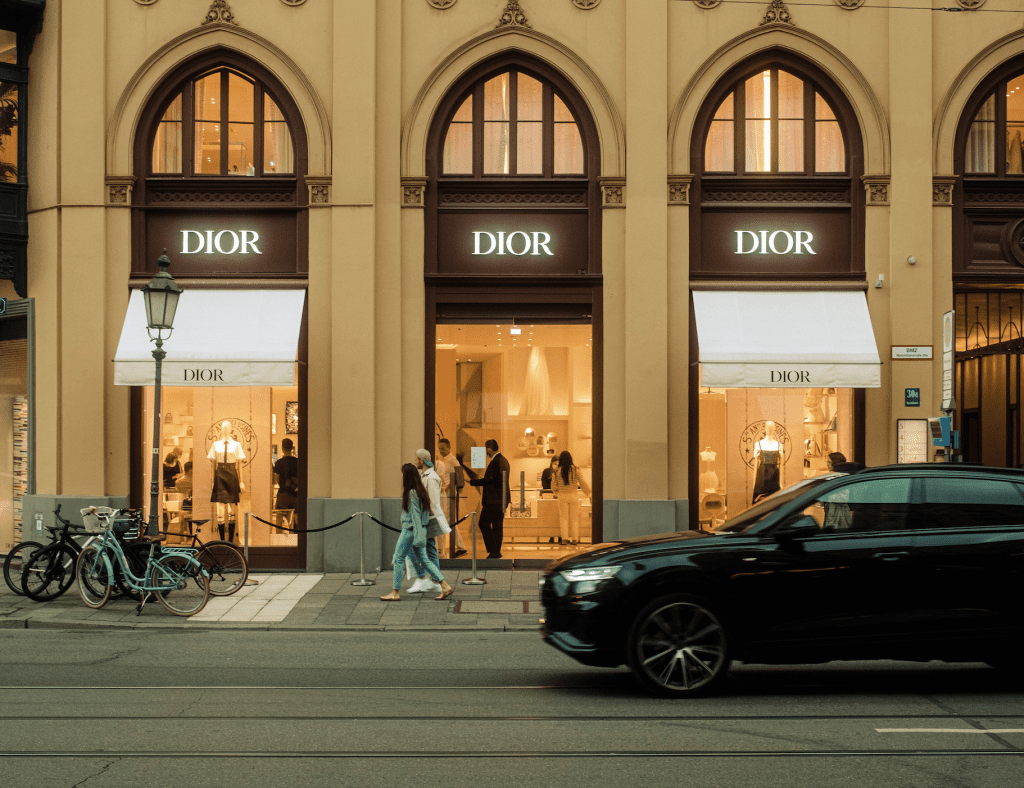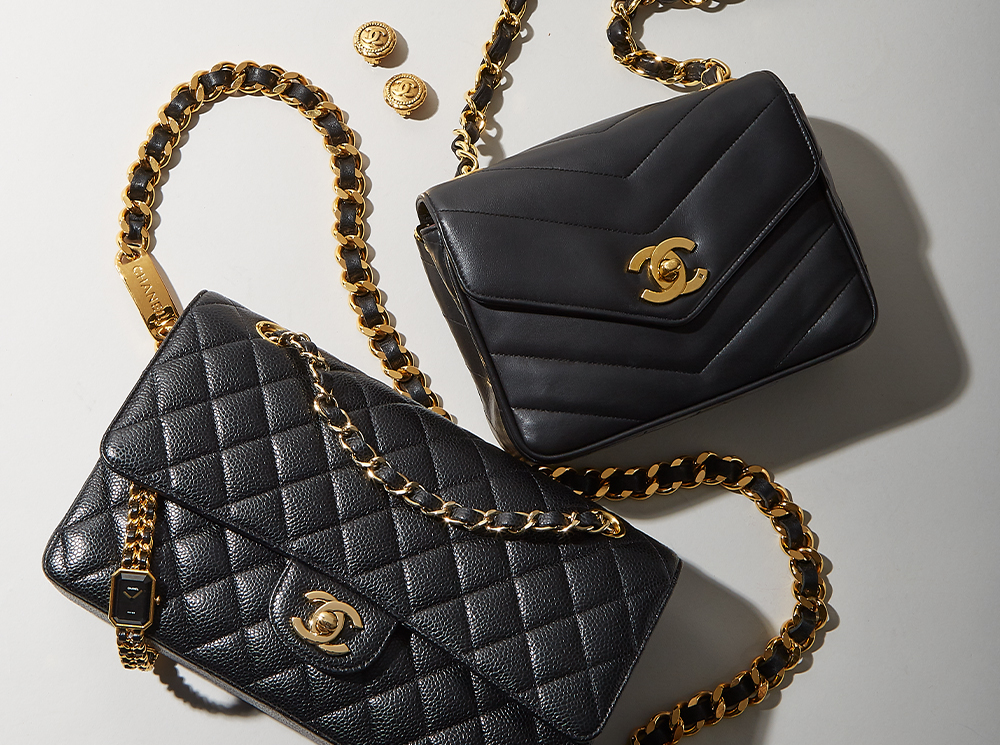The Luxury Institute announced key findings from a recent qualitative survey of its Global Luxury Expert Network members, which is comprised of prominent luxury goods and services CEOs, other C-level management, and luxury-focused consultants, as well as additional top-tier luxury executives and industry experts. Survey respondents were enlisted to help gauge the temperature of the luxury goods market, including by predicting whether the current economic slowdown is turning into an economic downturn or a full recession, and how strong it is likely to go either way. The network of individuals was also asked to predict how strongly major regions of the world may be affected when it comes to luxury goods sales generally, and what they expect the severity of the impact to be on key luxury categories – from Fashion & Leather goods to Travel & Luxury, along with what luxury market trends they see emerging in the second half of 2022 and into 2023.
According to the Luxury Institute’s findings, which were first released mid last month, a solid majority, 59 percent of survey participants believe that the current slowdown is likely to lead to a luxury downturn – compared to 41 percent who predict that current conditions will lead to a fully-fledged “luxury recession.” While most participants stated that we are currently living through a “period of unprecedented volatility and uncertainty,” those that view current conditions as likely to result only in a “downturn” point to “the strong cash balances of consumers and enterprises in more developed markets that can help them to withstand negative economic forces and the impact of war.” They also cite “the resilience of affluent consumers, despite stock market losses, as a positive sign.”
On the other hand, individuals who predict that a recession is, in fact, looming revealed that aggressive interest hikes from central banks will “create white/blue collar unemployment, especially in tech, with strong consumer tightening of spending across all income levels.” Beyond that, the predict that “persistent stock market losses are likely to affect the wallets and psyches of all segments of affluent consumers, except perhaps centi-millionaires and billionaires.”
Respondents on both sides of the issue agree that regardless of the extent of the downturn, luxury is cyclical and sales will not be able to entirely avoid being affected.
Delving into regional effects, the Luxury Institute found that industry experts predict that if current conditions culminate in an economic downturn (as opposed to a recession), the economically powerful Asia/Pacific region – led by mainland China, which accounted for roughly 21 percent of the global luxury market in 2021, up from about 20 percent in 2020, according to Bain – is “resilient enough, particularly with strong government stimulus, to get past COVID effects and stabilize growth.” Respondents who see a recession on the horizon believe the impact on the luxury market will be particularly strong in Asia/Pacific since China has “a myriad of vulnerabilities, including COVID control, an unstable real estate market, a slowing economy, a dependency on expensive commodity imports, and continuing supply chain issues that affect exports.”
As for the North American market – which is currently helping luxury groups like LVMH and Kering, and brands, such as Hermès, to makeup for diminished sales in China, downturn-predicting experts stated that they expect to see “a medium impact effect, given America’s relatively stronger economy, including higher energy self-sufficiency and its distance from the [Russia-Ukraine] war.” Meanwhile, those who predict a global recession said that that “many companies are already warning that American consumers are rapidly losing spending power momentum, and they point to the Federal Reserve’s stated commitment to aggressive interest rate increases as shock effects on housing and borrowing, while inflation continues unabated.” Such as confluence of factors will lead to “an inevitable recession” in their eyes.
In Europe, experts who predict that a downturn is afoot believe the effect on luxury goods sales will fall within “the medium range” in terms of severity, while those who point to a recession expect the impact will be “strong,” noting that “war in the middle of Europe will dramatically increase local energy prices, drive inflation across consumer staples, and have a distinct negative impact on the economic engines of Europe: Germany, France, and U.K.”
With respect to product/services categories, themselves, regardless of the type of downturn, experts agree that the category “most likely to thrive” is Consumer Technology. While consumers will likely cut back on their consumption of many things in the face of economic uncertainty and turmoil, food, housing, energy and increasingly, technology goods and services, are considered to be “life necessities.” More heavily impacted, according to the majority of respondents, will be the Travel & Leisure category, which despite being “a strong growth category post pandemic,” is likely to experience “a mild or medium downward effect.”
Turning its attention to Fashion & Leather Goods (along with the Automotive category), the Luxury Institute asserts that respondents who predict that a downturn is in the works “feel it will have a stronger negative impact on the these categories while those who predict a recession predict a lighter negative impact.” Fashion & Leather goods are comprised of more affordable luxury (compared to some other luxury categories), but the aspirational buyers will, nonetheless, “likely cut back.” Either way, Fashion & Leather and Automotive are seen as much more vulnerable than the “necessity” categories. At the same time, experts predict that Luxury Watches & Jewelry are seen “more likely to experience a medium level impact” in either scenario due to supply shortages plus their high investment value.
Finally, Department Stores are seen to be “the most vulnerable category, by far,” according to the Lxuury Institute survey. “This is likely due to historically high overheads, high inventories, and low margins,” it states, with experts also pointing to the fact that “digital multi-brand luxury retailers have proven to be unprofitable even during the best of times.”











